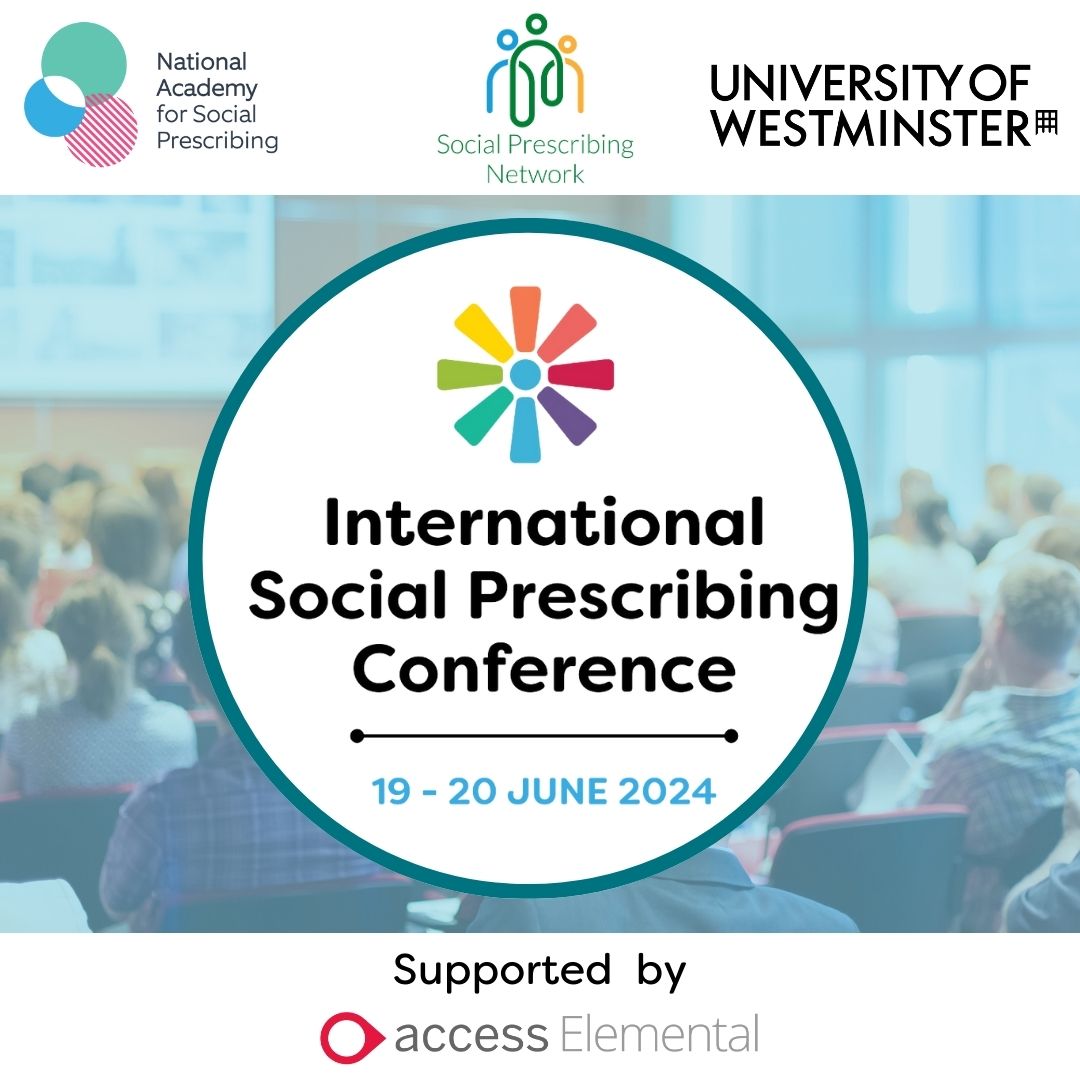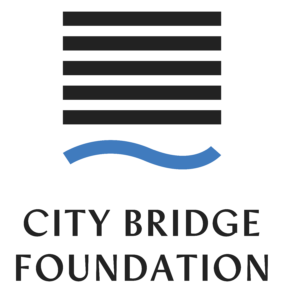Book your tickets now for the 5th International Social Prescribing Conference on the 19-20 June…

Scalability of a singing-based intervention for postpartum depression in Denmark and Romania: protocol for a single-arm feasibility study
Abstract
Introduction Postpartum depression (PPD) affects around one in seven women globally, with these women in need of non-pharmaceutical treatment strategies. There is a long history of the benefits of singing for maternal mental health, and promising research exists showing the clinical effectiveness of group singing. Group singing interventions are being scaled up to support new mothers in the United Kingdom, but we do not know if such an intervention may benefit women in different cultural contexts. This protocol focuses on exploring the feasibility of implementation and perceived impact of a 10-week group singing intervention for new mothers in Romania and Denmark eliciting signs of PPD.
Methods and analysis Data will be collected from up to 48 women with a score ≥10 on the Edinburgh Postnatal Depression Scale (EPDS) participating in a 10-week group singing intervention in Denmark or Romania, as well as a range of project stakeholders. The singing classes will take place in person and be facilitated by professional singing leaders. Feasibility of implementation will be analysed through qualitative data (eg, focus groups, interviews) and quantitative data (eg, the Feasibility of Intervention Measure). Perceived impact will be explored via surveys that include mental health measures (EPDS, Multidimensional Scale of Perceived Social Support, WHO Five Well-Being Index) from singing intervention participants (at weeks 1, 6, 10) and focus groups. Descriptive statistics, repeated measures analysis of variance and analysis of covariance will be used to analyse quantitative data. Framework method and thematic analysis will be used to analyse qualitative data.
Click here to read the full report.







